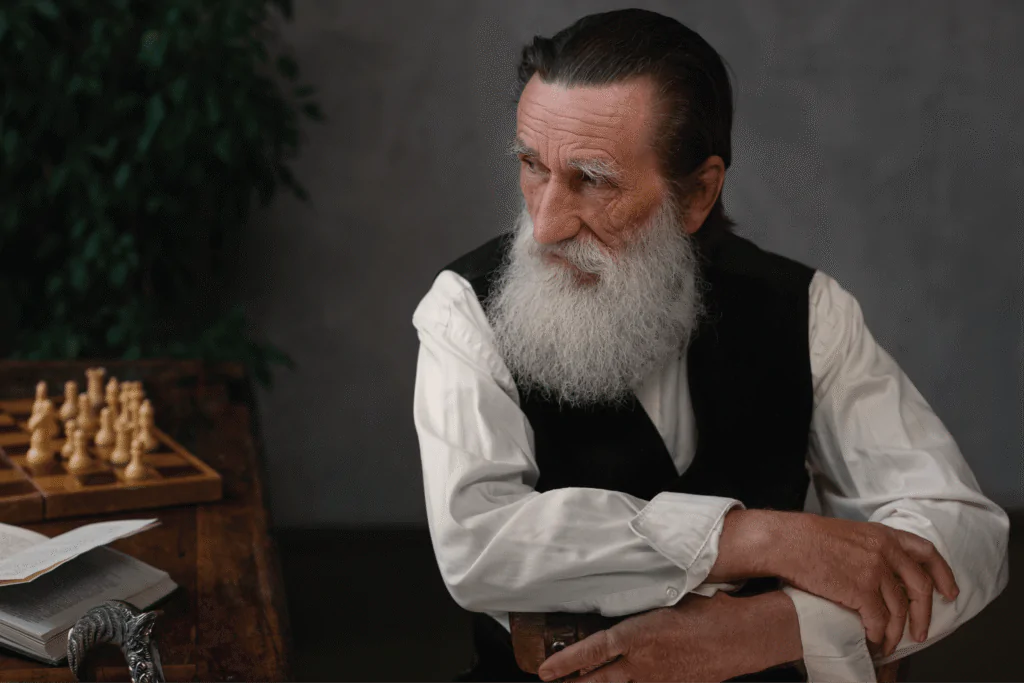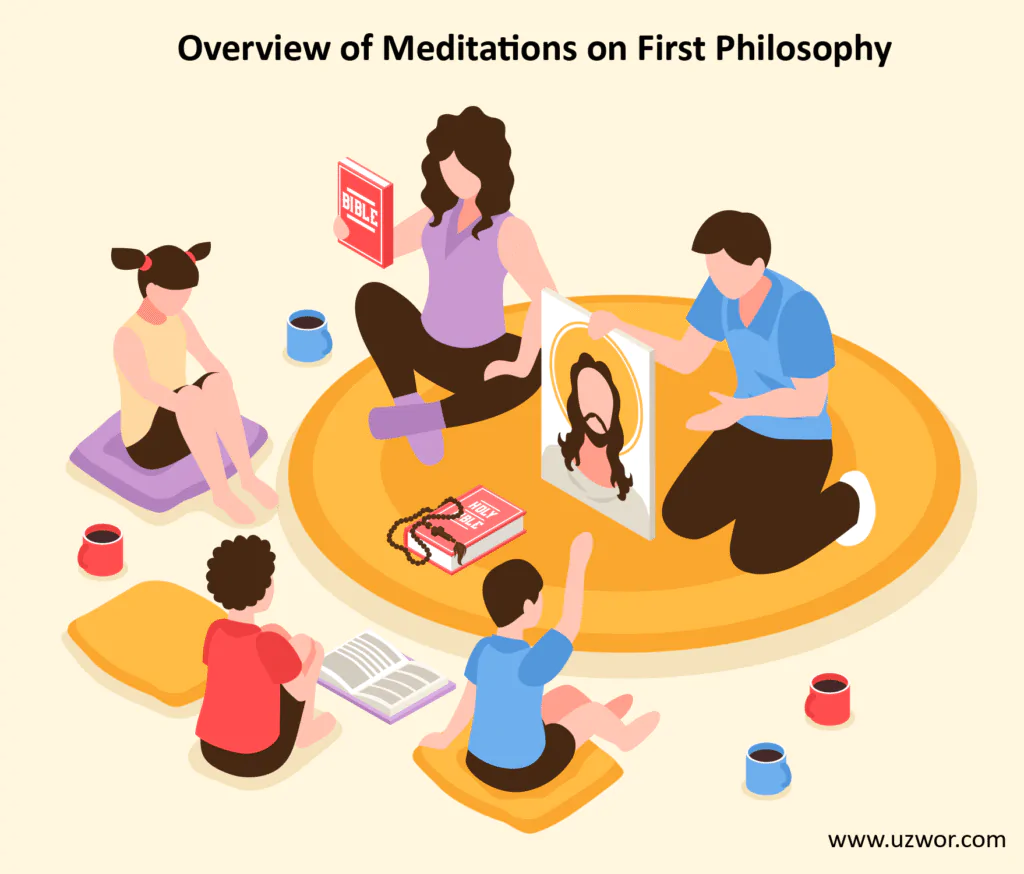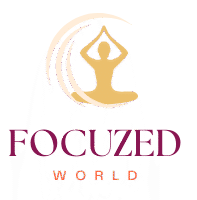René Descartes is known as the “Father of Modern Philosophy,” and introduced groundbreaking ideas that have shaped contemporary thought. His works, Discourse on Method and Meditations on First Philosophy, delve deep into the nature of knowledge, existence, and the human mind. This article aims to provide a clear and concise understanding of these seminal texts, highlighting their interconnections and enduring influence.
Background on René Descartes

Born in 1596 in La Haye-en-Touraine, France, Descartes was a philosopher, mathematician, and scientist. His education at the Jesuit college of La Flèche exposed him to Aristotelian philosophy, which dominated the intellectual landscape of the time. However, Descartes became increasingly dissatisfied with traditional scholasticism and sought a new foundation for knowledge, one rooted in reason and certainty.
Overview of Discourse on Method
Published in 1637, Discourse on the Method of Rightly Conducting One’s Reason and of Seeking Truth in the Sciences serves as an autobiographical account of Descartes’ intellectual journey. In this work, he introduces a systematic thinking approach, emphasizing the importance of doubt and analytical reasoning.
Key Principles:
- Universal Doubt: Descartes begins by doubting all previously held beliefs to establish a firm foundation for true knowledge. He asserts that one should accept nothing as true unless it is evident and indubitable.
- Analytical Approach: He advocates breaking down complex problems into simpler parts, and solving them individually to understand the whole better.
- Orderly Thought: Descartes emphasises the importance of organising thoughts, starting from the simplest and moving to the more complex.
- Comprehensive Review: Ensuring thoroughness by reviewing all aspects of a problem to avoid oversight.
These principles laid the groundwork for the scientific method, emphasising rational analysis over blind acceptance of authority.
Overview of descartes discourse on method and meditations on First Philosophy

Published in 1641, this work comprises six meditations where Descartes seeks to establish a foundation for knowledge immune to skepticism.
Meditation Summaries:
- First Meditation: Descartes introduces the concept of radical doubt, questioning the reliability of sensory perceptions and even mathematical truths. He posits the idea of an “evil demon” that could be deceiving him, leading him to doubt everything he knows.
- Second Meditation: Amidst this doubt, Descartes arrives at the famous conclusion: “Cogito, ergo sum” (“I think, therefore I am”). He realises that the very act of doubting confirms his existence as a thinking entity.
- Third Meditation: Descartes attempts to prove the existence of a benevolent God, arguing that the idea of a perfect being must have originated from something real and ideal.
- Fourth Meditation: He discusses the nature of truth and error, suggesting that error arises not from God but from the misuse of human free will.
- Fifth Meditation: Descartes presents the ontological argument for God’s existence, asserting that existence is a necessary attribute of a perfect being.
- Sixth Meditation: He distinguishes between the mind and body, laying the foundation for Cartesian dualism—the idea that the mind and body are distinct substances.
Interconnection Between the Two Works

While the Discourse on Method outlines Descartes’ approach to acquiring knowledge, the Meditations on First Philosophy apply this method to philosophical inquiries. The former sets the stage by advocating systematic doubt and analytical thinking, which the latter employs to explore metaphysical concepts such as existence, God, and the mind-body relationship. Together, they encapsulate Descartes’ philosophical vision: starting from doubt, arriving at certainty through reason, and building a comprehensive understanding of reality.
Influence on Modern Thought
Descartes’ emphasis on doubt and reason marked a departure from reliance on tradition and authority, paving the way for the Enlightenment and modern scientific inquiry. His dualistic view of mind and body has influenced subsequent philosophical debates and scientific explorations into consciousness and identity.
Moreover, his methodological approach has permeated various disciplines, underscoring the importance of critical thinking and systematic analysis in the pursuit of knowledge.


1 thought on “Descartes’ Discourse on Method and Meditations on First Philosophy: Explained Simply”
There is a meditative steadiness in the text. The flow of sentences encourages contemplation, presence, and a mindful approach to reading and thought.